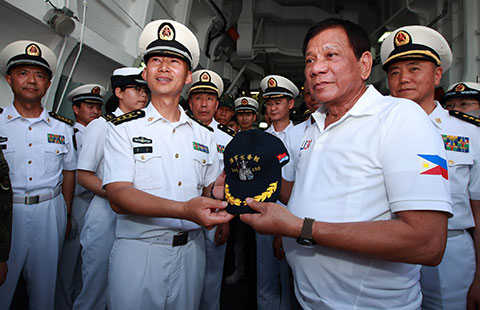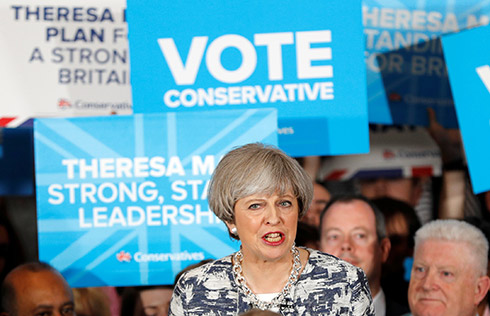

Each year in January the World Economic Forum brings together leaders from business, government, academia and the media at its headquarters in Davos, Switzerland, for five days of lectures and discussions about issues of global importance.
Each meeting has a theme aimed at capturing important current events. Since 2008, when the financial crash in the United States changed the way the world works, the themes have related to key aspects of the post-crisis landscape. January 2009's conference was billed "Shaping the Post-Crisis World", and in 2010, it was "Improve the State of the World: Rethink, Redesign, Rebuild". In 2011 "Shared Norms for the New Reality" signaled acceptance of the new global balance of power. Last year's theme was "The Great Transformation: Shaping New Models".
This year's theme, "Resilient Dynamism", suggests that after four years in which the expected global economic recovery has failed to materialize the World Economic Forum might be forced to review its ideas. If so, what does that say about the world in which we now live?
The most important global issue today is how to manage the transition from a world controlled by the so-called developed economies to a new multilateral world in which emerging countries are already playing a leading role. The forum's problem in dealing with a changing, post-crisis world stems from the fact that the institutions of governance are controlled by the 35 so-called advanced countries that are gradually losing their influence over the global economy.
The International Monetary Fund projects that by 2017 the advanced countries will account for 56 percent of the global GDP, measured in current dollars. Adjusted for different countries' purchasing power, the share of advanced countries will be 46 percent. In other words, using the standard measure of purchasing power parity, in five years' time the advanced countries' economic output will account for less than half of the world's output.
But despite this big underlying change in the way the world works, the West, led by the US, still controls the main institutions that set the global agenda. When the top jobs at the IMF and the World Bank came up for renewal in the last couple of years, the candidates were once again chosen by horse-trading between the US and Europe.
Despite two rounds of restructuring voting rights within the IMF (only one of which has been fully ratified), the US still maintains more than 15 percent of the voting power at the IMF. It has a similar voting share at the World Bank. This is enough for the US to block any motion in the IMF and the World Bank, by virtue of the founding articles of these institutions, which were written nearly 70 years ago by the US and its close ally Britain.
Although under the latest IMF restructuring China has increased its share of voting control to 6.1 percent, the US can still block any proposal it dislikes. Even the combined voting power of the BRICS countries - Brazil, Russia, India, China and South Africa - in the IMF is still not enough to match the voting power of the US. In five years, when the advanced countries' global economic share falls to less than 50 percent, how will the leadership elections of these important global institutions be conducted? Doubtless, the US and its European allies will fight to hold onto their controlling positions, despite their dwindling power.
Like the IMF and the World Bank, the World Economic Forum recognizes the powerful underlying economic trends shaping our global economy and society. But it is unable to tackle them head-on because it owes its origin and support to the advanced countries, not the newly emerging ones.
The nearest the Davos conference gets to addressing the fundamental shift in the world's economic structure is a discussion titled "China 2020", which attempts to forecast what impact China's rise will have on the world in eight years.
In fact, the resilient dynamism envisaged by the Davos conference, a world of greater economic confidence and of shared prosperity, depends on the new world that is emerging from the wreckage of the Western financial collapse. But only if the developed countries can relinquish their control of a world in which they are no longer the masters, and turn instead to the emerging countries in a spirit of true partnership and shared enterprise, can the aims of the Davos 2013 meeting - building resilient institutions, improving decision-making and establishing shared norms - be realized.
The author is a visiting professor at Guanghua School of Management, Peking University. E-mail: gileschance@yahoo.com












